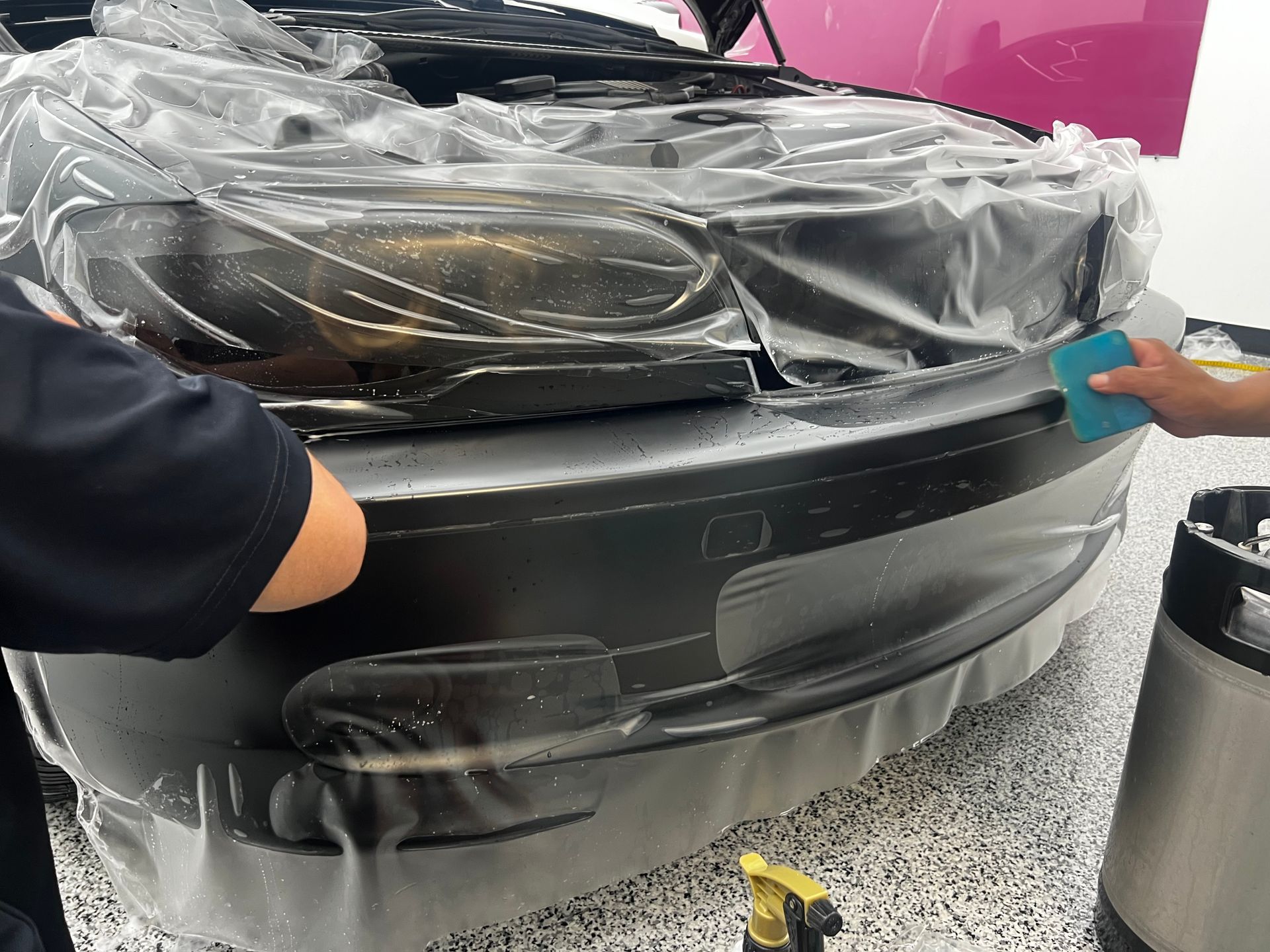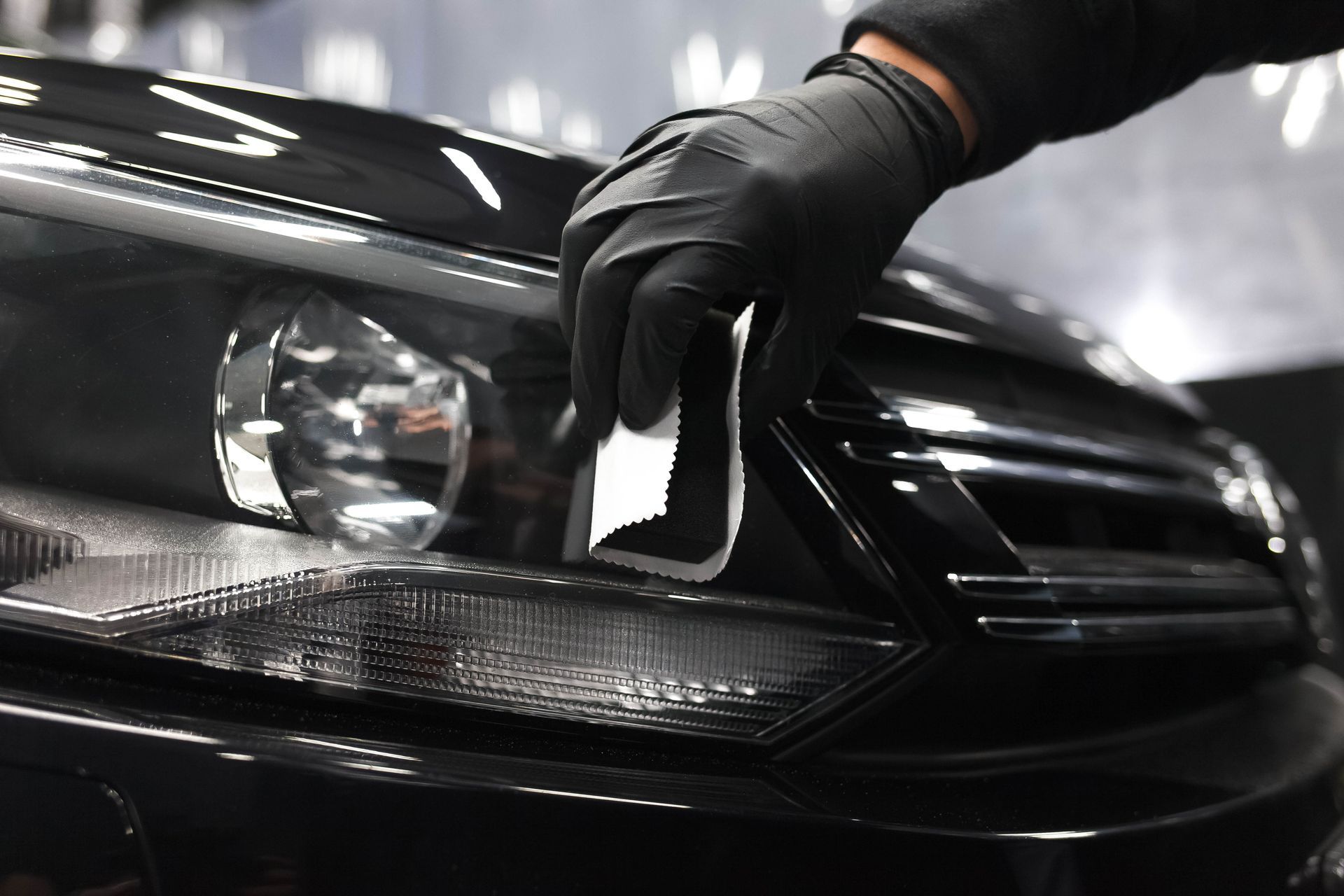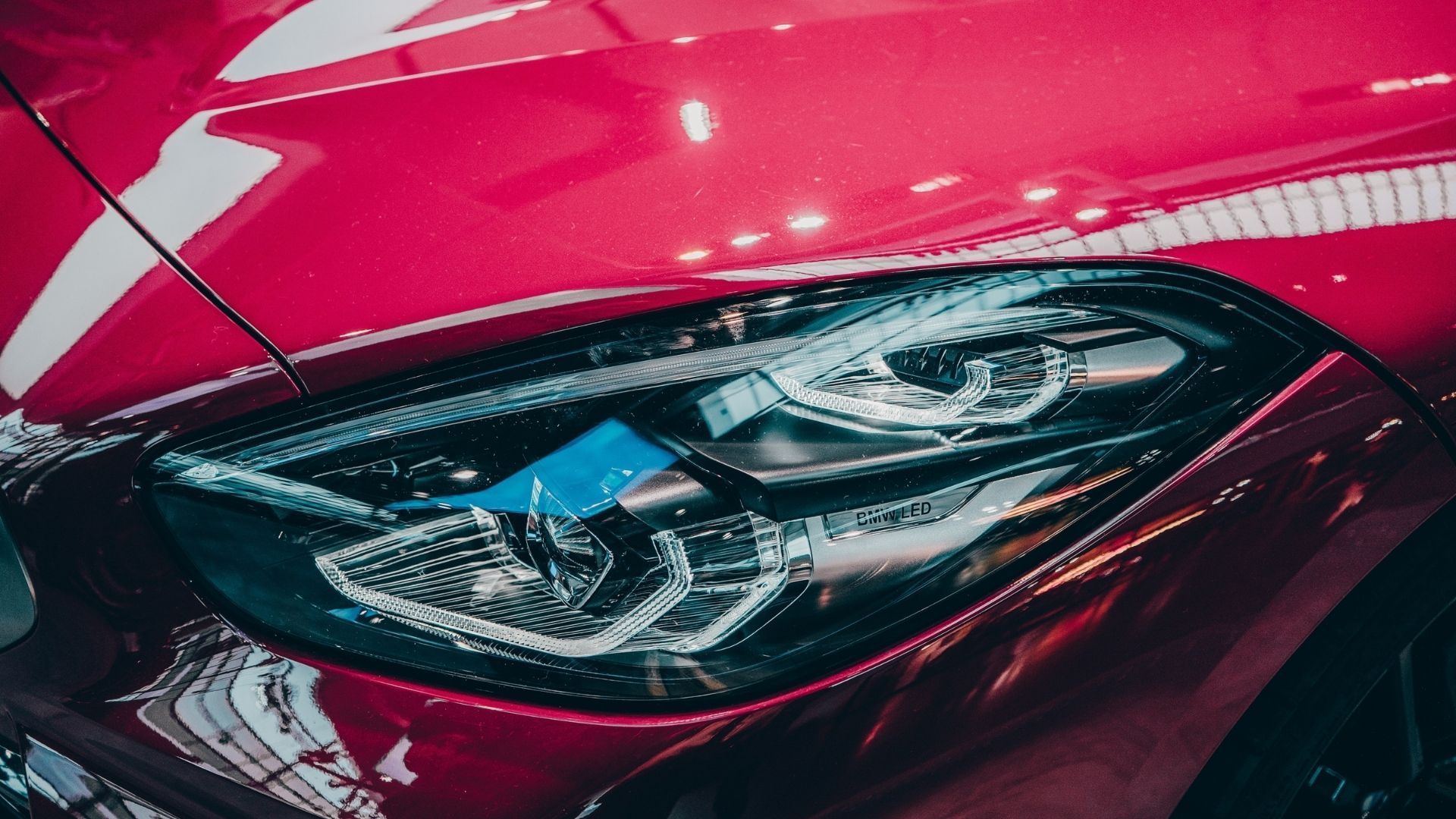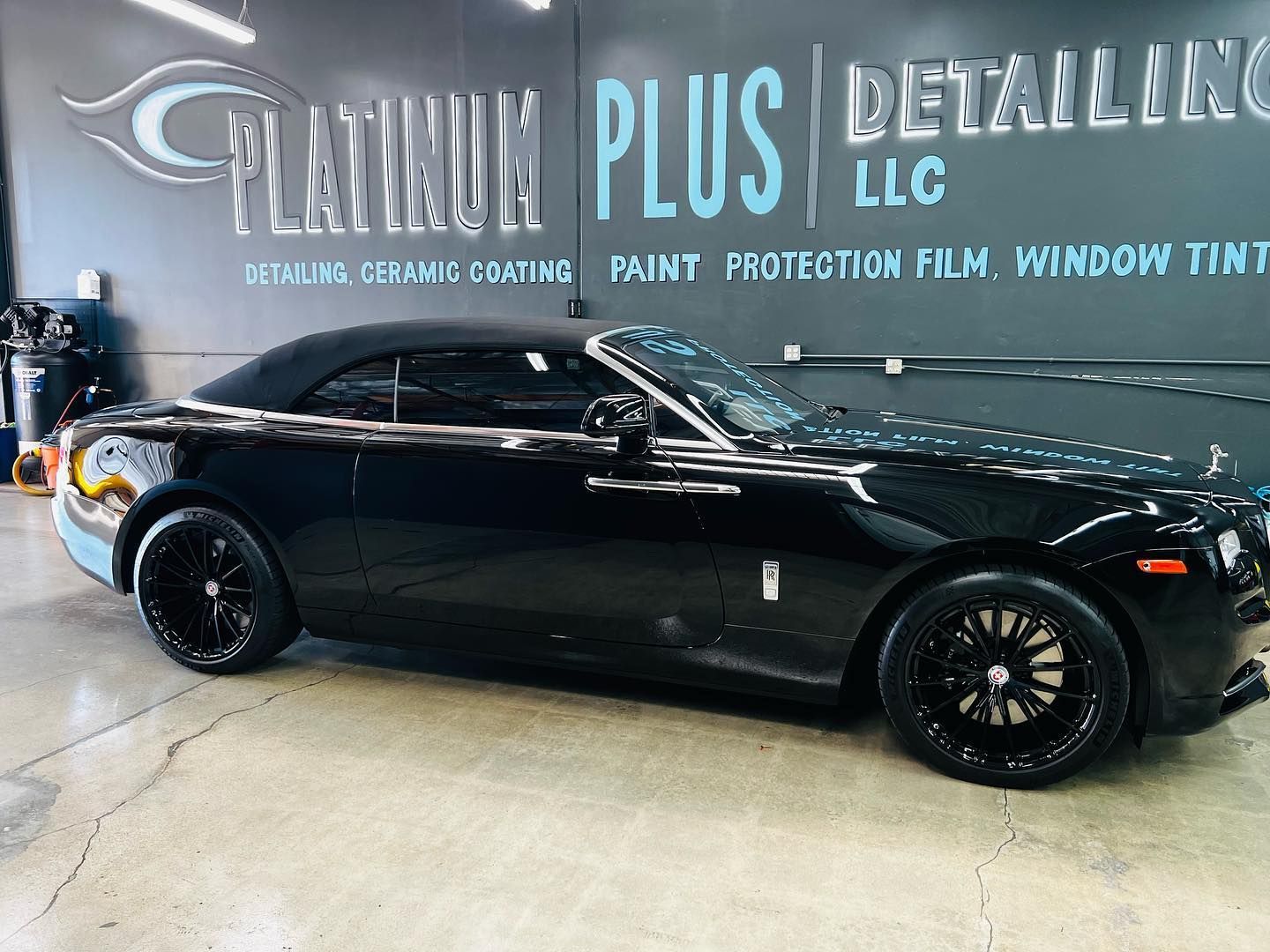The Science Behind Window Tinting: Not Just for Looks
When most people think about window tinting, they picture sleek vehicles cruising down the street or stylish homes with a modern flair. However, the benefits of window tinting go far deeper than just good looks. Think about how much time you spend in your car or at home and how the sun can turn these spaces into uncomfortable heat traps. By blocking sunlight and reducing glare, window films not only enhance comfort but also promote energy efficiency and protect your health. In this article, we’ll dive into the science behind window tinting, unpack its various types, and explore how it can transform both your vehicle and living environment for the better. Get ready to look beyond aesthetics and discover the powerful advantages of window tinting!
The science behind
window tinting involves principles such as the Solar Heat Gain Coefficient (SHGC), which measures how much solar radiation passes through windows, allowing for energy efficiency and temperature regulation. Window tinting films utilize materials that absorb or reflect sunlight, significantly reducing heat, blocking harmful UV rays, enhancing privacy, and preventing interior fading, making it a practical choice for both residential and commercial spaces.

The Fundamentals of Window Tinting
At its foundation, window tinting is the process of applying a thin, protective film to the interior surface of windows. Commonly crafted from polyester, this film is both strong and transparent, making it an ideal choice for various applications. To achieve specific properties such as heat absorption, UV blocking, or glare reduction, manufacturers often layer the polyester with materials like dyes, metals, or advanced ceramics. The beauty of this technology is that it's not merely about aesthetics; it's about enriching your daily environment through smarter design.
Understanding what makes these films tick helps you appreciate the benefits they offer.
How It Works
The science behind window tinting revolves around light energy manipulation. When sunlight strikes a tinted window, the film acts as a filter. It absorbs or reflects certain wavelengths of light while allowing others to pass through, which significantly alters the atmosphere inside.
For instance, dyed films primarily focus on absorbing heat and light, making them effective in reducing solar heat gain. On the other hand, metallic films excel at reflecting sunlight away from the glass, maintaining cooler indoor temperatures without straining your air conditioning systems.
These distinctions translate into real-world benefits: for example, studies have shown that window tinting can reduce solar heat gain by 30% to 60%. This means homeowners could save up to 30% annually on cooling costs—a compelling reason to consider installation!
Now that we comprehend the underlying mechanisms at play, it’s time to explore the various types of films available.
Solar Protection and Heat Reduction
One of the standout benefits of window tinting is its impressive capability to manage internal temperatures by minimizing solar heat gain. Imagine driving during a scorching summer day—you turn on the air conditioning, yet the sun’s relentless heat seeps through your windows, making it tough for your car or home to maintain a comfortable temperature. Window films work like an invisible barrier that reflects or absorbs the sun’s rays, helping keep your space cool while reducing energy costs.
Solar Heat Gain Coefficient (SHGC)
The Solar Heat Gain Coefficient (SHGC) quantifies how much solar radiation can pass through a window. Lower SHGC values indicate that less heat enters your vehicle or home. Those seeking effective solar protection will want to pay attention to this metric as it directly impacts comfort levels.
Choosing the right film depends largely on your specific needs regarding climate and personal preferences. For instance, if you live in a particularly sunny region where interior temperatures rise sharply throughout the day, opting for films with lower SHGC values can be extremely beneficial. On the other hand, if maintaining visibility is crucial, like seeing pedestrians while driving, it may be more advantageous to embrace ceramic options that allow more light without sacrificing too much on temperature regulation.
Beyond just comfort, reducing heat entering your vehicle or home can prolong the lifespan of both driver’s and passenger’s materials inside cars, preventing warping in interiors or fading in furniture due to relentless sun exposure.
Additionally, consider the financial implications. With rising energy costs in 2025, many are investigating how to cut back. Investing in quality window tints mitigates uncomfortable heat levels and leads to substantially lower air conditioning bills and enhanced fuel efficiency when driving. Installing window film is similar to installing an insulating barrier on your windows, providing long-term benefits.
Understanding these key aspects paves the way for exploring how effectively window tinting can shield us from harmful ultraviolet rays and improve our overall health and comfort.
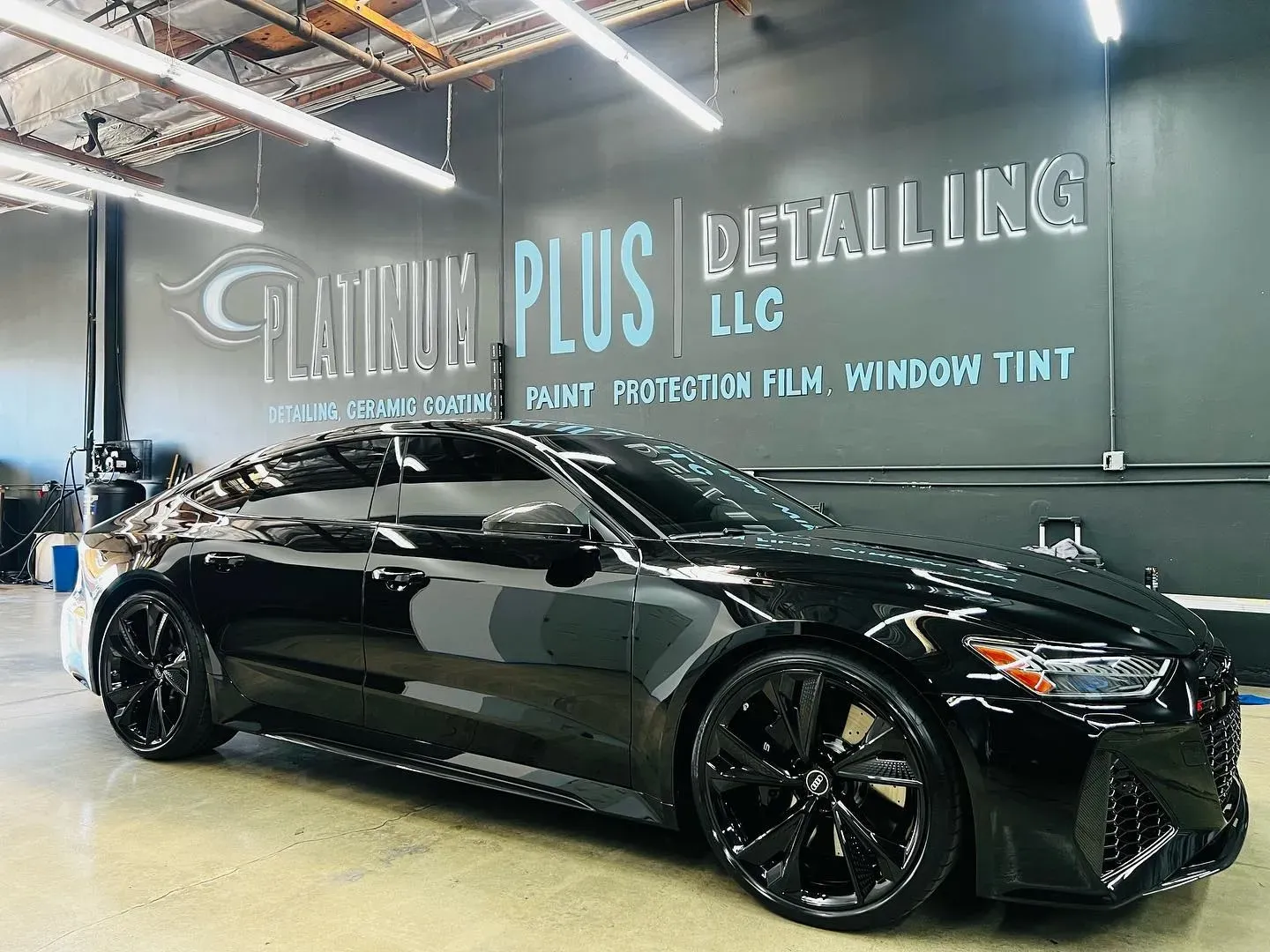
UV Radiation Blockage
One of the most significant advantages of window tinting is its impressive ability to block harmful ultraviolet (UV) rays. Prolonged exposure to these rays can lead to an array of health issues, including skin cancer and premature aging. The Skin Cancer Foundation emphasizes that up to 99% of UV radiation can be mitigated with quality window films, acting as a protective shield against both UVA and UVB rays.
The distinction between UVA and UVB rays is critical; while UVA rays account for about 95% of the UV radiation that reaches the Earth’s surface and penetrate deeply into the skin, UVB rays are primarily responsible for sunburns.
If we consider statistics from studies on UV exposure, it becomes clear that tinted windows can dramatically reduce one’s risk over time. For instance, people residing in sunny regions or who drive frequently are particularly vulnerable. By implementing window tinting, they can lower their overall UV exposure significantly, potentially reducing it by nearly half!
Health and Safety
Consistent protection from UV radiation is paramount. Continuous exposure can lead not only to skin conditions but also has serious implications for eye health. Research indicates that certain types of cataracts have been linked to prolonged UV exposure. With window tinting effectively blocking these rays, individuals benefit from enhanced comfort in their vehicles and homes without sacrificing visibility or style. Daily users of their vehicles will notice they feel cooler and more protected during sunny intervals.
Moving beyond personal health considerations, let’s look at how these protective qualities also play a crucial role in preserving interiors.
Preserving Interiors
One often-overlooked aspect of window tinting is its contribution to the longevity of interior furnishings. Direct sunlight gradually fades upholstery, carpets, and wooden furniture due to damage caused not solely by heat but also by the chemical breakdown initiated by continuous UV exposure. Tinted windows serve as an effective barrier against this degradation.
For instance, a family with beautiful hardwood floors might choose a durable window tint to protect their investment and ensure their home remains aesthetically pleasing for years to come. By blocking harmful rays, homeowners can maintain vibrant colors in textiles and reduce maintenance expenses associated with frequent repairs or replacements.
Moreover, this preservation relates to maintaining energy efficiency within spaces.
The protective capabilities of window tinting harmonize with comfort and health safety measures while fostering financial savings through the extended lifespan of cherished interiors. Each advantage reinforces the importance of investing in quality window films, highlighting how their benefits encompass multiple facets of daily life.
These facets naturally flow into other vital areas where protective measures enhance overall well-being and performance.
Security and Energy Efficiency
When considering enhancements for your home or vehicle, security is always a top priority. Window tinting acts as a formidable barrier against unwanted eyes, making it difficult to see inside and discouraging potential intruders from targeting your property. Imagine coming home after a long day only to discover that your belongings are hidden from view behind sleek, tinted glass. This layer of opacity protects your valuables and adds peace of mind.
In addition to providing a deterrent against theft, tinted window films have a remarkable ability to hold shattered glass together in the event of an impact. If someone attempts to break a window, the glass may not shatter into dangerous shards that could cause injury. Instead, the film keeps the pieces intact, adding another layer of protection for you and your loved ones.
However, the benefits of window tinting extend beyond security; let's explore its significant impact on energy efficiency.
Energy savings achieved through window tinting can be quite substantial. During sweltering summer days, your air conditioning system won’t have to work overtime battling overwhelming heat because tinted windows block many of the sun's harsh rays. This benefit directly results in reduced energy bills, benefiting both you and the environment.
Research reveals that homes fitted with tinted windows experience an approximately 15% reduction in overall energy consumption compared to those without any tinting at all. Reduced reliance on air conditioning lowers utility costs and diminishes your carbon footprint over time, contributing positively to the planet's well-being.
These benefits provide a clearer understanding of why many homeowners are choosing window tinting as part of their sustainable home improvement plans. It’s simple to install yet yields impressive returns on investment both financially and environmentally.
As we explore these advantages, it's valuable to consider the various contexts in which window tinting applies, especially in contrasting its use in residential spaces against vehicles.
Discover how these upgrades can transform your vehicle today! For top-notch window tinting services, visit
Platinum Plus Mobile Detailing and schedule your consultation now!


